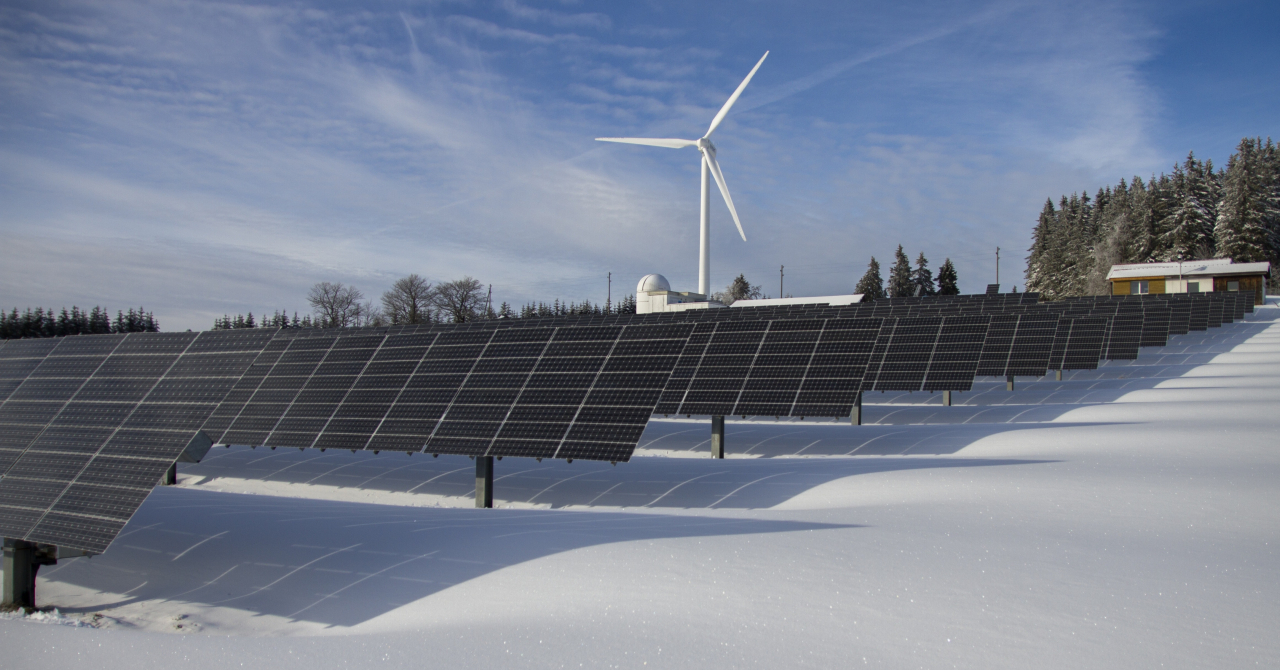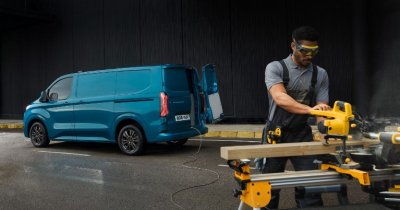According to The Guardian, communities in Europe are seeking energy security by tapping into whatever resources are available in their specific areas.
This is because the increase of energy prices and climate change problems, such as droughts and wildfires, are becoming pressing issues for more and more people.
For example, in Spain, locals are looking into using biomass as an energy resource to satisfy at least some of their demand, while in the Netherlands, communities are investing in solar panels for energy supply.
About two million people in Europe are involved in 7.000 local energy communities, with the number increasing constantly.
With battery electric vehicles and other electricity-demanding devices becoming more popular, major energy suppliers might have issues when it comes to delivering the required power, which is where these local producers could come in handy.
Gonçalo Mendes, senior researcher and energy systems modeler from LUT University in Finland said that the solution is "to decentralize more and more, produce and consume more energy locally with sources like solar and wind – and boost storage and smart solutions for efficient energy management."
Communities that make their own energy
Some communities, such as the one located in the Bera Bera neighborhood of San Sebastián in Spain was able to provide heating and hot water to all its over 500 people since 1985.
Urberoa, as the cooperative is known, produces heat and electricity with the help of biomass boilers and solar panels, among other sources.
Board member Juan Luis Llorens said that "the first target for solar is self-consumption for 100 families. The next step, next year, will be green hydrogen, to replace part of our current gas consumption. The goal now is obviously complete decarbonization."
Urberoa was able to freeze the prices of the bills paid by its community helped by the fact that the cooperative was able to sell some of the power that it produced to the grid.
Llorens said that there are other important things to take into account when it comes to being independent from major energy companies, such as the fact that "we make our own decisions. For those who care about the environment, we’re making progress collectively, in a way that would be difficult individually."
Michael Pinto of CleanWatts says that "you have electricity needs that are going to double and grids that won’t cope. But you also have renewables that are competitive now, and smart technology to measure, manage, and balance production, storage and consumption efficiently."
"There are tens of thousands of municipalities in the EU. There are 8,000 in Italy alone — about 5,000 of them with fewer than 5,000 inhabitants."
"The potential here is just enormous. But the challenge is enormous, too", he added.
Grunneger Power is a local community in the Netherlands consisting of 2.500 people that decided to make the transition to renewables ten years ago, as energy companies failed to take action.
Today, the cooperative owns two solar parks that operate 10.000 panels, besides more solar installations located on buildings around the city it operates in.
Generated power goes to members of the cooperative and the excess is being sold to a sustainable energy provider.
Carlo Alberto Nucci, a professor of electrical power systems at Bologna University, said that increasing energy efficiency and reducing waste is also very important when it comes to transitioning to green sources.
"A smart app can automatically switch on your home devices, choosing the best moment for you — and for the efficiency of the whole community — to use your washing machine, for example", he mentioned.
 Mihai - Cristian Ioniță
Mihai - Cristian Ioniță












Any thoughts?